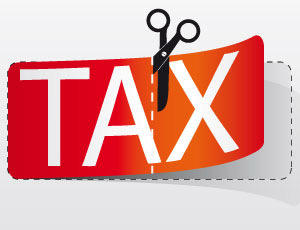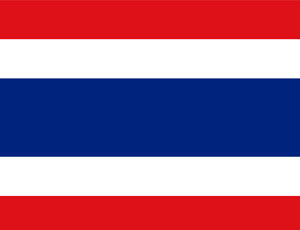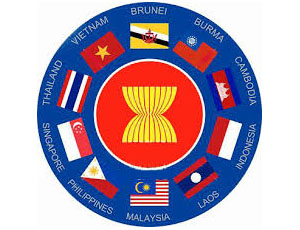ASEAN’s 2015 AEC Compliance Deadline – What It Actually Means
Chris Devonshire-Ellis explains what the much publicized “AEC Deadline” which is due at 31st December 2015 really means for your business in ASEAN.
ASEAN Case Study: The Auto Industry and GM
With the ASEAN Economic Community going into effect at the end of this year, many companies are now seriously considering moving their operations to the region. However, the question remains as to where in ASEAN to base your business. As such, it is helpful to consider corporations that have made the move to ASEAN in the past and to try and understand their reasons for doing so. We delve into GM’s expansion into the region and provide snapshots of their operations in a few key countries.
Thailand’s Government to Cut Land and Buildings Tax and CIT Rates on SMEs
Thailand’s government has announced that it will be cutting the tax rates on its Land and Building tax, as well as on its Corporate Income Tax rates for small and medium-sized enterprises.
ASEAN Exchanges: Myanmar Integrates Further
Myanmar’s Deputy Finance Minister, Maung Thein, has announced that the over-the-counter Myanmar Securities Exchange Centre (MSEC) will be replaced with the Yangon Stock Exchange in October 2015. So far, ten companies are expected to meet the criteria for initial listing on the exchange.
Thailand’s European Tariff Privileges Withdrawn
The European Union’s generalized scheme of preferences (GSP) will be withdrawn from over 6,200 Thai products on 1 January, 2015. The scheme provides developing country exporters with reduced or nil duties on exports to the EU until they are deemed competitive enough to no longer need such support.
Key Industries for Investment in ASEAN
As ASEAN continues its transition to greater economic integration with the implementation of the ASEAN Economic Community in 2015, the region is seeing strong growth in a number of industries. Among the key business areas are electronics, information and communications technology, textiles and apparel, and medical devices.
Thai Economy Sees Improvement Due to Increased ASEAN Integration
The level of Thailand’s imports and exports has expanded for the first time since April 2013. In year-on-year (YoY) comparisons, both imports and exports have increased. In the Ministry of Finance’s most recent report, June YoY comparisons show the total value of exports is up by 3.9 percent with improvements in both intra-ASEAN and European trade. After signs of slowing this past year, producer and consumer confidence also now appear to be improving.
McKinsey Sees Room for ASEAN Improvement and Future Growth
In its recent report on achieving sustained economic growth in Southeast Asia, the global management consulting firm, McKinsey, highlighted key areas for improvement in ASEAN, particularly the need to improve labor productivity, which still remains low.
Thailand’s Government Announces that it Will Keep Income Tax Cuts in Place
Foreign investors in Thailand can breathe a little easier; the country’s new government has announced that it will extend the lowered rates of corporate income tax (CIT) and personal income tax (PIT) through the 2015 tax year. Thailand’s Finance Ministry is hoping that the extension of the tax cuts will spur consumption and aid economic growth.
Thailand Considers Inheritance and Property Tax Reforms
The head of Thailand’s National Council for Peace and Order has approved plans to reform Thailand’s tax system, namely by incorporating inheritance and property taxes.


















